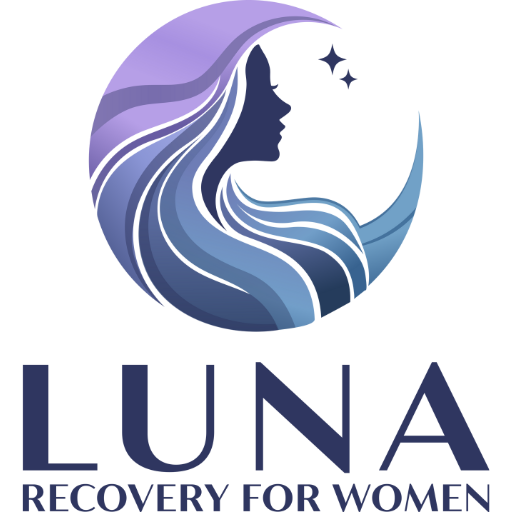Addiction doesn’t always look like chaos or loss of control. Many individuals continue to thrive in their careers, maintain relationships, and juggle responsibilities—while quietly battling addiction behind closed doors. This hidden form of addiction is often referred to as high-functioning addiction, and it can be difficult to recognize—even in ourselves or the people closest to us. Identifying the warning signs is often the first step toward seeking meaningful help.
What is High-Functioning Addiction?

High-functioning addiction describes a situation where someone misuses substances but still appears to manage their daily responsibilities. They may perform well at work, attend social gatherings, and fulfill family roles—yet they’re relying on alcohol, drugs, or another addictive behavior in secret.
A common misconception is, “If I’m still doing my job and showing up, it’s not a problem.” But the truth is, high-functioning addiction can be just as damaging over time—taking a toll on physical health, emotional stability, and personal relationships.
Recognizing the Signs of High-Functioning Addiction
This form of addiction can be subtle, but certain patterns often emerge:
- Justifying Substance Use: Statements like “I’ve earned this” or “Everyone else does it” can mask frequent and harmful use.
- Avoidance Around the Topic: Evading conversations about alcohol or drug habits may point to an underlying problem.
- Concealing or Minimizing Use: High-functioning individuals often hide their consumption or downplay how much they use.
- Emotional Swings Without Substances: Irritability, anxiety, or mood shifts when substances aren’t available can signal dependence.
- Increased Tolerance: Needing more of a substance to achieve the same effects is a red flag of growing addiction.
- Neglected Self-Care: While responsibilities are being met, signs like frequent hangovers, sleep issues, or unmanaged stress may surface.
Why High-Functioning Addiction is Especially Risky
One of the most dangerous aspects of high-functioning addiction is its invisibility. Because individuals appear “fine,” they often convince themselves they don’t need help. But addiction is progressive. Left unaddressed, it can escalate into serious health issues, mental health disorders, and fractured relationships.
Just because someone seems to have it all together doesn’t mean they’re not struggling inside.
Talking to Someone You Care About
If you suspect that someone you care about may be struggling with high-functioning addiction, it’s important to approach the conversation with empathy and care. Choose a calm, private moment when you’re both free from distractions to ensure a meaningful dialogue.
Use compassionate language and frame your concerns with “I” statements, such as, “I’ve noticed you seem more on edge lately,” to avoid sounding accusatory. As they open up, listen without blame or judgment—allow them the space to speak freely without interruption. Rather than offering solutions or ultimatums, focus on being a source of support.
Gently suggest exploring professional help, such as Luna Recovery for Women, and let them know they don’t have to go through this alone.
Being Honest With Yourself
Being honest with yourself about high-functioning addiction can be one of the hardest—but most important—steps toward recovery. You might find yourself frequently making excuses for your substance use, keeping it hidden from friends or family, or feeling irritable and off-balance when you don’t have access to it. These patterns can be easy to overlook, especially when you’re still managing day-to-day responsibilities.
However, if any of these behaviors resonate with you, it may be time to take a closer look at your habits. Self-awareness is a powerful first step on the path to meaningful and lasting change.
Get Support for High-Functioning Addiction in North Andover, MA

You don’t have to face addiction alone. At Luna Recovery for Women, we offer tailored outpatient programs designed to fit into your everyday life—so you can begin healing without hitting pause on your responsibilities.
Whether you’re looking for therapy, peer support, or a comprehensive recovery plan, we’re here for you.
Contact us anytime at (855) 943-0472 or info@lunarecoverycenter.com, or visit us at 1270 Turnpike St, North Andover, MA (01845).
Reach out to Luna Recovery for Women today—your path to lasting change starts here.
